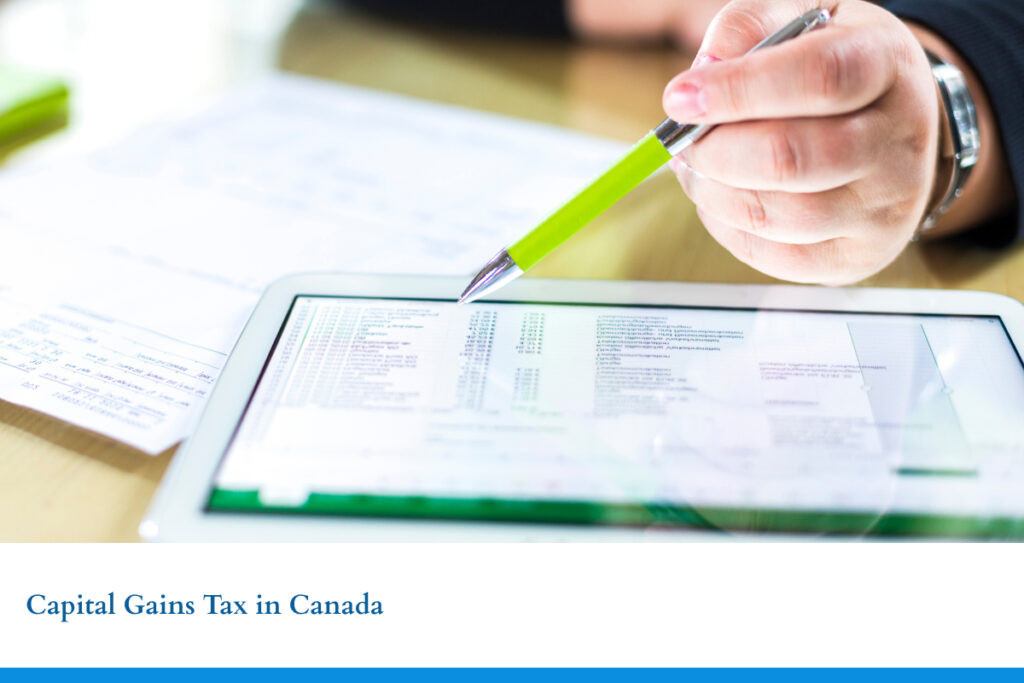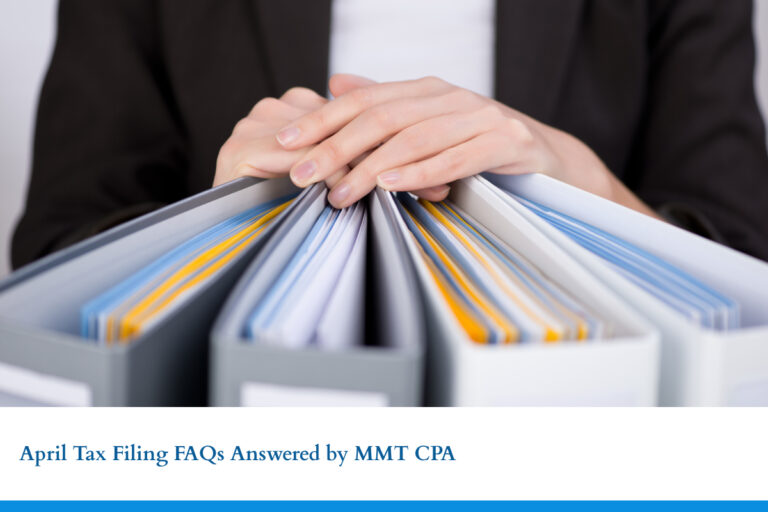Capital gains tax is crucial for anyone selling investments, property, or other taxable assets. If you’re dealing with capital gains for the first time, understanding how it works can help you plan effectively and avoid surprises when tax season arrives. Tax rules can change, so staying informed is essential to minimize your tax burden and ensure compliance.
1. What is Capital Gains Tax?
Capital gains tax applies when you sell an asset for more than you originally paid for it. The profit from this sale is considered a capital gain, and a portion of it is subject to taxation.
Not all gains are taxable. If you sell an asset at a loss, you may be able to offset gains in other areas, reducing your taxable income. However, capital gains tax only applies when the asset is actually sold (realized gains), not when its value increases on paper (unrealized gains).
2. How Are Capital Gains Taxed in Canada?
Unlike regular income, only a portion of capital gains is taxable. According to current tax laws, 50% of your total capital gain is included in your taxable income. If you make a capital gain of $10,000, only $5,000 is subject to tax at your marginal tax rate.
The tax you pay depends on your total income. Higher-income individuals may face a larger tax burden on their capital gains, making strategic planning essential.
3. Common Situations Where Capital Gains Apply
You may encounter capital gains tax in several scenarios, including:
- Selling an investment property or second home – Your primary residence is typically exempt (more on that below), but second properties are subject to capital gains tax.
- Selling stocks, bonds, or mutual funds – Gains from non-registered accounts are taxable.
- Cryptocurrency transactions – Selling digital assets like Bitcoin can trigger capital gains tax.
- Business asset sales – Capital gains tax may apply if you sell a business or business-related assets.
Understanding these everyday situations can help you plan and reduce unexpected tax obligations.
4. Capital Gains Exemptions & Reductions
There are ways to reduce or even eliminate capital gains tax through various exemptions, including:
- Principal Residence Exemption – If the property you’re selling is your primary residence, you may not have to pay capital gains tax. However, vacation homes, rental properties, and investment properties do not qualify.
- Lifetime Capital Gains Exemption (LCGE) – Business owners and farmers may qualify for this exemption, allowing them to exclude a portion of their gains from taxation.
- Capital Loss Offsetting – If you sell an asset at a loss, you can use that loss to offset taxable capital gains, reducing your overall tax liability.
5. Strategies to Reduce Capital Gains Tax
While you can’t avoid capital gains tax entirely, there are ways to minimize its impact:
- Use Tax-Advantaged Accounts – Holding investments in a TFSA shields them from capital gains tax, while an RRSP defers taxes until withdrawal.
- Offset Gains with Losses – If you have investments that have lost value, selling them in the same year as your gains can lower your taxable amount.
- Estate Planning – Transferring assets to beneficiaries strategically can help reduce overall tax burdens.
6. Capital Gains and the 2025 Tax Season: What’s Changing?
Tax laws can change, impacting how capital gains are taxed. It’s essential to stay updated on potential policy shifts that could affect investment income, real estate sales, or small business transactions. Consulting a CPA can ensure you’re prepared for any new regulations in the 2025 tax season and beyond.
How MMT CPA Can Help
Navigating capital gains tax can be complex, especially if you have multiple investments or significant assets. At MMT CPA, we help individuals and businesses in Calgary and Vancouver with tax planning strategies to minimize their tax liability and maximize savings. Our expert CPAs can guide you through capital gains exemptions, loss strategies, and future tax planning to ensure you’re fully prepared.





